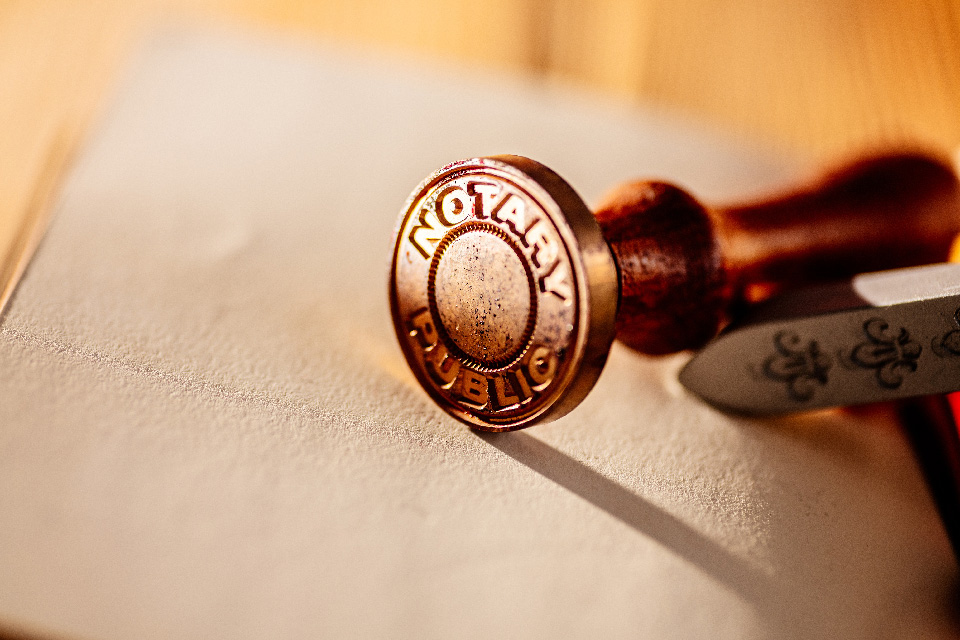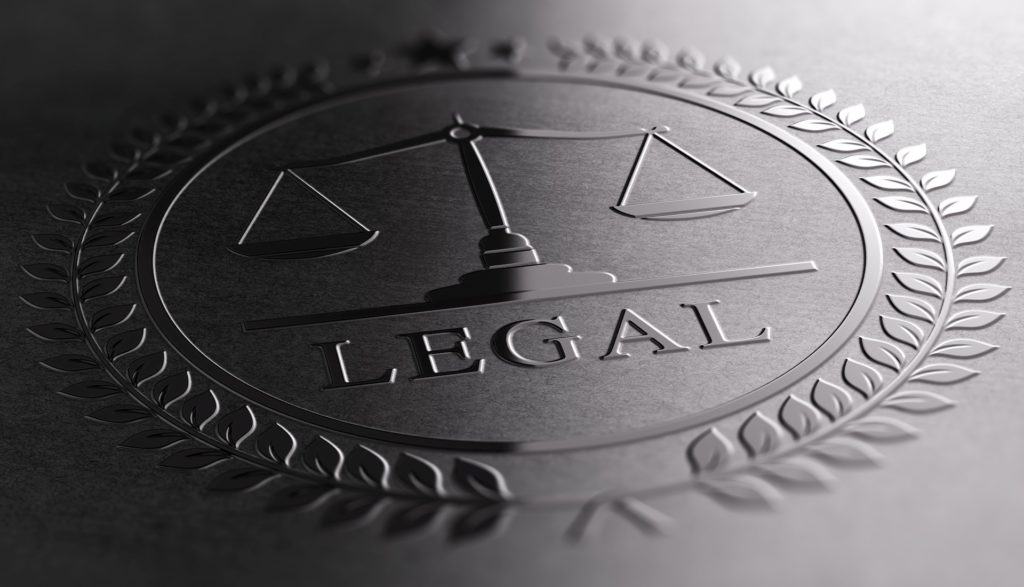We are by your side throughout the entire process!
The sales process
THE SALES PROCESS
Being in contact with a reliable person can be very important for salespeople, enabling them to better understand the sales process. Sellers feel more confident when they are dealing with a professional person, competent in his or her field, who will enable them to conclude an agreement in a fully satisfactory manner.
We can also help you deal with the legal aspects, as well as any cultural and linguistic differences.
Our English speaking real estate agents live on the Côte d’Azur and know their area inside out. They will do their best to guide you through the sale of your property or the purchase of your dream home.
Don’t hesitate to contact us if you have any questions or need advice.
Do not hesitate to contact us if you have any questions!

1) SIGN A SALES AGREEMENT WITH A REAL ESTATE AGENT

The first step in selling a property is to sign an agreement, a so-called sales contract, with a licensed and registered real estate agent in France. The sales contract must be formulated according to a statutory template that applies throughout France. This includes, among other things, the owner’s name, the property’s address, a brief description of the property, brokerage fees, the contract’s validity, any special conditions for the sale, as well as a time limit and termination terms.
In France there are both exclusive and non-exclusive sales contracts. It is important to discuss this with your agent as the choice of contract can affect the reach of the property and the final amount of the transaction!
2) TECHNICAL INVESTIGATION AND LAW
When selling a property, the seller must carry out a technical examination of the house, known as a “diagnosis”.
The diagnostics to be taken into account are as follows:
- The surface area of the dwelling (i.e., the living area if the dwelling is part of a condominium);
- Energy consumption;
- Assessment of natural hazards in the area;
- the state of the electrical system,
- gas installation and the possible presence of lead, asbestos or termites in the property.
The owner must also present a certificate of ownership and the amount of the property tax.
What’s more, when you sell a property that is part of a co-ownership, you must be able to share reliable information such as, among other things, the co-ownership charges, the minutes of the last three General Assemblies and the co-ownership statutes.

3) OFFER

In France, you have the option of making a direct price offer, or a downward offer.
The seller undertakes to sell if the buyer’s offer complies with the price and conditions of sale.
When you wish to make an offer, you usually formalize it in writing with a “letter of intent to purchase”. At this stage, the offer does not commit the buyer to concluding the sale.
The seller must carefully consider all the conditions before accepting an offer, as a written acceptance means that he is bound to sell, without withdrawal.
The buyer can claim damages if the seller refuses to sell the property.
The buyer, on the other hand, can withdraw even after accepting the offer.
4) PICK YOUR NOTARY
The notary is a legally-qualified professional who prepares and verifies the documents involved in the sale.
He is responsible for registering the sale.
He or she can also advise on inheritance and gift tax issues.
More often than not, buyers and sellers are represented by their own notaries, who then share the costs without increasing their fees.
Notaries must be neutral and impartial. Their ultimate responsibility lies with the courts.
Notaire’s fees, also known as acquisition costs, include various taxes and charges such as stamp duty and shipping costs: they represent around 7.5% of the purchase price for old homes and 2.5% for new properties.
Notary fees are payable by the buyer. Wretman Estate works with a number of reliable notaries.

5) PRE-CONTRACT – “COMPROMIS DE VENTE”

The pre-contract is drawn up by the notary or estate agent, and includes all the conditions of the sale.
It must be very precise, as it forms the basis of the final agreement.
This document contains all the conditions of purchase, such as :
- Loan conditions
- Entry date
- List of furniture to be included in the purchase, if applicable
- Information on condominium fees and charges.
- It also describes the circumstances under which the contract can be broken without incurring penalties; this may be the case, for example, if the property involves building permit restrictions, or if the buyers’ bank loans are ultimately not granted.
The signing of this agreement is binding on the seller.
The agent must carefully check that all mandatory information is included, and that the contract does not contain any clauses that would adversely affect the seller.
6) DOWN PAYMENT AND WITHDRAWAL PERIOD
The buyer is legally entitled to withdraw free of charge within 10 days of signing the pre-contract, and having received a copy of it signed by both parties (buyer and seller) together with the enclosures.
It is important to note that the 10-day period begins only after the buyer has received all the attachments relating to the property; it is not enough simply to have signed the pre-contract.
Once these 10 days have elapsed, the withdrawal period is over.
The deposit of between 5% and 10% is deposited in a special client account. It must reach the notary no later than 10 days after signing the pre-contract, provided of course that the buyer wishes to proceed with the transaction.

7) PURCHASING CONTRACT – ”ACTE AUTHENTIQUE DE VENTE”

Once the notary has carried out all the necessary checks and received all the necessary information concerning town planning and any property loans accepted, the final agreement known as the “acte authentique de vente” can be signed.
It generally takes two to three months between the signing of the compromis de vente and the acte authentique de vente.
On the contract date, the notary checks that the purchase price has been received in the account.
Entry into the property takes place on the same day as the signing of the agreement, so the property must be cleared of all occupants before signing.
Once the contract has been signed, the keys are handed over to the buyers, and both parties receive written proof of the sale.
8) PAYMENT AND TAXES
The notary transfers the funds to the seller once the contract has been signed.
It is also the notary who takes care of all transactions relating to the sale, such as income tax, loan amounts and fees due.
The agent is not entitled to any sales commission until the final agreement has been signed.
Wretman Estates real estate agents on the French Riviera can help you make a preliminary estimate of the capital gains tax before the sale.

9) Registration of Documents

The notary registers the sale.
Final settlement takes place a few months after the sale. This will be sent to both parties by post, together with a copy of the legal deed, known as the “copie authentique de l’acte de vente”.
Feel free to contact us if you have any questions regarding the sales process!